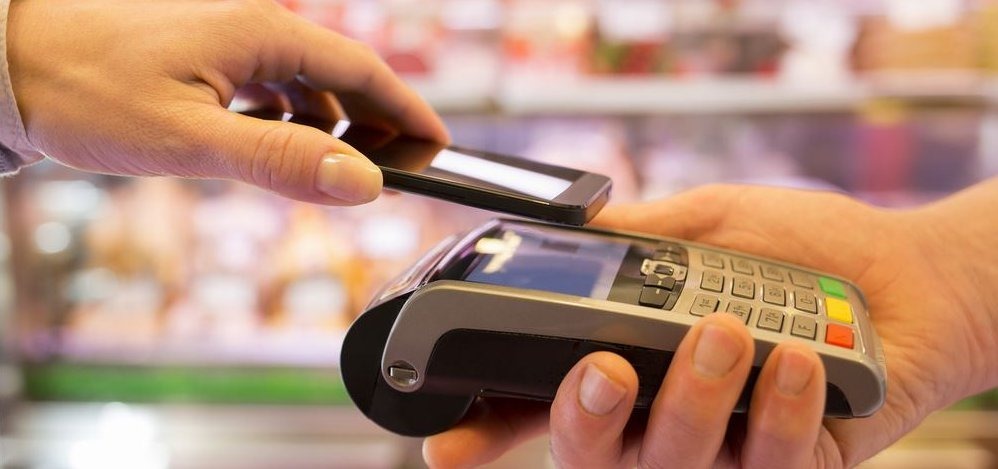BRIDGETOWN, Barbados – Barbados minister of tourism and international transport, Kerrie Symmonds, held talks on Wednesday, March 27, with representatives of MasterCard, to implement a pilot project, which seeks to empower roving tourism vendors by creating a critical link between the tourism industry and the financial sector.
Under the project, facilities will be put in place for itinerant vendors to purchase or lease state-of-art wireless vendor machines, which can be used in business transactions from almost any location.
Most visitors to Barbados prefer to use bank cards as opposed to cash, but numerous vendors still operate primarily on a cash-only basis.
Symmonds said it was important that all segments of the society were “carried along” on the journey of the development of the country.
“We cannot have a society in which people are being left behind, and in the same way there is a sense of confidence that small business in Barbados can be nurtured to stand on its own feet, we must spend some time to look at the one man operation. It brings our vendors into the 21st century.”
Symmonds noted that while the focus has been placed on forming closer linkages between tourism, agriculture and manufacturing over the years, the linkage between the tourism and financial services had been neglected “for all time.”
Symmonds explained that the new payment system would allow a range of micro and small business operators, including coconut vendors, taxi operators, vendors selling paintings to tourists, renting beach chairs and operating water sports activities, and fish vendors to accept credit and debit card payments.
“They are in danger of being excluded from the financial system by virtue of the fact that as we move toward a society that is increasingly cashless, and to some extent, not as safe as it used to be. Then there must be an opportunity for those people who are doing [a] legitimate commercial activity.”
Symmonds warned that visitors who preferred not to use cash would leave the island without spending on products and services and this would leave vendors financially disenfranchised and by extension the country would lose a chance at the needed foreign exchange – without the mobile phone payment system.
“We have to correct that and we have to make sure that we are sufficiently inclusive to keep our micro business people as part of the supply chain so that the service they supply is seen as equally valuable in terms of an opportunity for sale as any other commercial transaction including those in a multimillion-dollar investment.”
Symmonds explained that following the swiping or tapping of the credit or debit card against a small electronic device, vendors would be able to use a mobile app on their cellphone to generate a receipt that can be printed or emailed.
Symmonds further said this was also a way for the bank to know more about vendors and make it easier for them to decide whether to offer loans when those vendors apply.
Officials of MasterCard, who are said to be in Barbados to offer technical advice, said the intention was to help various industries do more commerce.
MasterCard financial services representative Irina Fulcher said it would also prevent vendors from being targets of criminals. Fulcher pointed out that the system would encourage millennials to return to the island more often:
“We are here to help the industries and the society. As you know, millennials travel with their phones and use their phones to pay now. So how do we make Barbados to feel like home to them now… they usually come from cashless societies so how do we provide the same experience to them here.”
Similar initiatives have been rolled out in The Bahamas and Jamaica. The pilot project in Barbados is to be rolled out by July, following several public meetings with members of the vending community.




